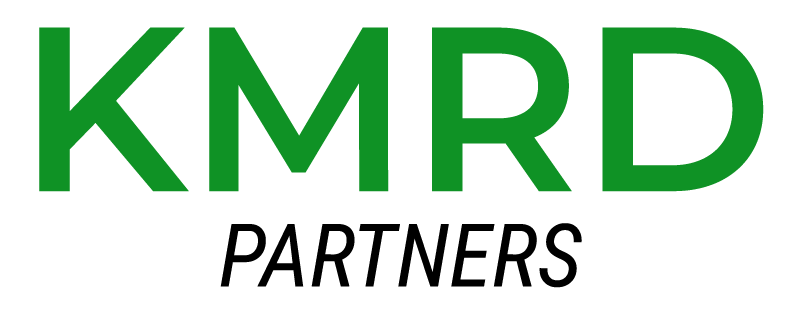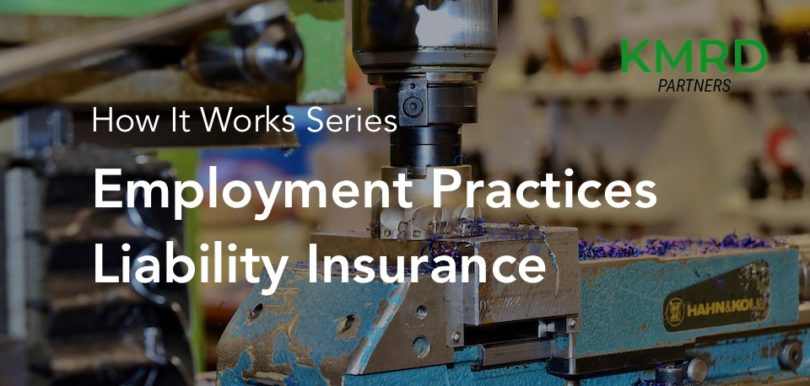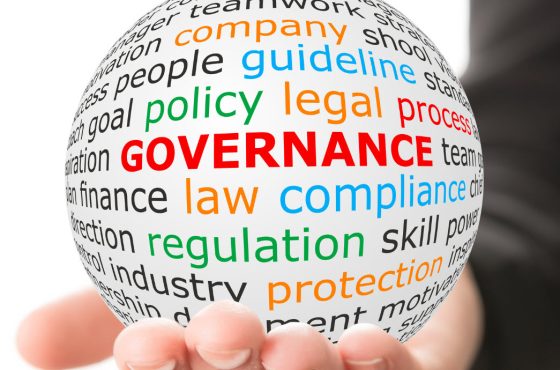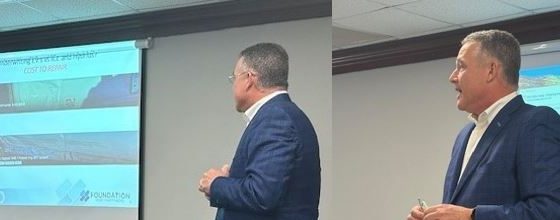Does a Manufacturer Need Employment Practices Liability Insurance?
The U.S. Equal Employment Opportunity Commission received 84,254 discriminatory employment-practices complaints last year. In addition to lawsuits filed by private citizens, claims filed by federal, state and city regulators are causing more businesses to purchase employment practices liability insurance, known by the shorthand EPLI.
Employment practices liability insurance protects an employer from an employee’s claim alleging discrimination, wrongful termination, emotional distress or harassment. This includes sexual harassment. While these are the more common exposures, there are additional defined wrongful employment acts.
An EPLI policy can also be purchased including coverage for immigration defense; however, there are only a few carriers offering the coverage and it may or may not be insurable in all jurisdictions. This policy will cover your manufacturing company if you are investigated for employing undocumented workers. Optional wage-hour defense is also available in some cases if an employee makes a claim involving overtime, exempt or non-exempt status.
Do you need an expert in Manufacturing Risk Management to review your EPLI policy?
EPLI will pay for lawyers’ fees, court costs, settlements and judgments due to charges brought by current and former full-time, part-time, temporary and seasonal employees, recognized volunteers and applicants for employment.
Even if a claim is found to be without merit, legal fees add up quickly for a manufacturer on the receiving end of an employment practices complaint. EPLI coverage will transfer employment risk to an insurance product whether or not your firm is found to be at fault.
What if your manufacturing business already has general liability and workers’ compensation insurance?
General Liability Insurance and Workers’ Compensation both exclude EPLI-related claims. EPLI coverage must be purchased separately.
Employee lawsuits are expensive
The EEOC secures more than $400 million from employers as a result of claims annually. An average out of court settlement totals approximately $40,000, while 10 percent of wrongful termination and discrimination cases result in a $1 million settlement against the employer.
See also: Why Businesses Need Employment Practices Liability Insurance
Here’s how your manufacturing business can avoid charges of unfair or unlawful employment practices?
- The best place to start is to take time to learn and adhere to rules laid out by the EEOC.
- Establish, publish and disseminate consistent employment practices and policies clearly defining your company’s expectations regarding workplace interactions and communications. Detail policies and procedures guiding hiring, disciplining or terminating employees.
- Schedule awareness training workshops for employees and managers.
- Monitor your workplace for potential violations.
- Let managers, employees and contractors know employment-practices violations will not be tolerated and will result in dismissal. Maintain an “open door” policy for employees who feel they have been subject to unfair employment practices.
Do small manufacturers need EPLI?
Small companies – with limited resources for communications, training and monitoring – are often most vulnerable to employment practices breakdowns that could lead to potentially ruinous claims.
Run, don’t walk
According to a survey by insurance analytics company Advisen, only 32 percent of all firms with 50 to 200 employees and 20 percent of all firms with fewer than 50 employees have stand-alone EPLI coverage.
If your manufacturing business does not have EPLI coverage, transferring your employment practices risk to insurance coverage begins by contacting a trusted insurance broker with experience in manufacturing risk management.
Want help understanding your EPLI policy? Contact us today!

Kevin McPoyle is the President and Co-Founder of KMRD Partners Risk & Insurance Solutions, a leading risk management and human capital solutions firm based in Warrington, Pa.
Contact UsMeet the KMRD Team About KMRD
The content available on or through this e-letter is in no way intended to and shall not be construed to constitute professional medical, health, legal, tax or financial advice. KMRD Partners disclaims any liability or loss in connection with the content contained in this e-letter.





